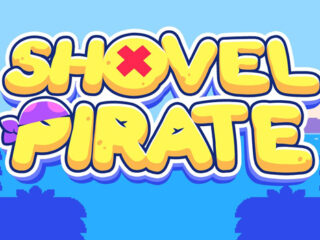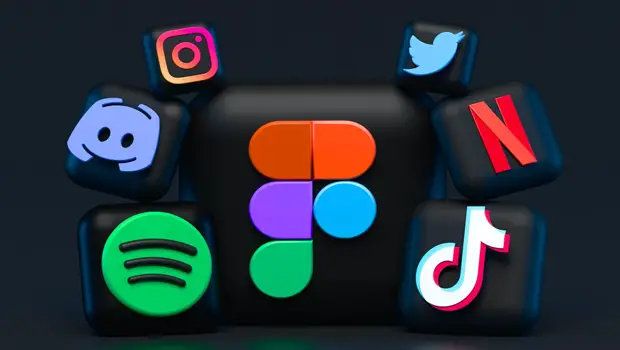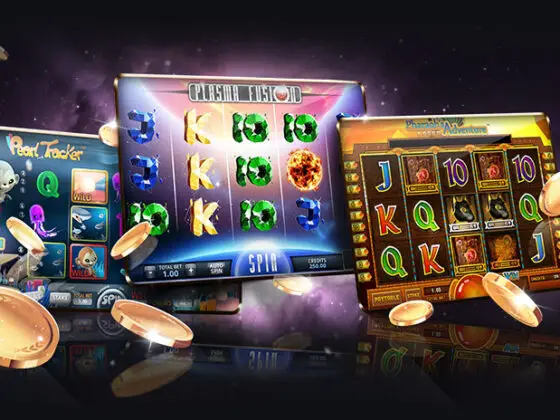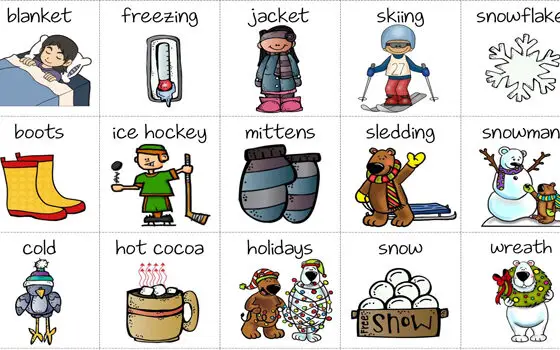In the digital age, social media has become an integral part of our lives, influencing how we interact, entertain ourselves, and even learn. With the rise of online education, leveraging social media for academic purposes is both a necessity and a skill. This article explores strategies for using social media for effective online learning.
Besides, if tapping “do my math for me” the result can resolve your student problems!
Establishing a Learning Network
Social media platforms like LinkedIn, Twitter, and Facebook can be powerful tools for building a network of peers, educators, and professionals. Connect with individuals and groups that share your academic interests. LinkedIn groups, Twitter chats, and Facebook groups can provide opportunities for discussing course materials, sharing resources, and networking with others in your field.
Choosing the Right Platforms
Different social media platforms serve different purposes. LinkedIn is great for professional networking and finding educational resources. Twitter can be excellent for staying updated with the latest news and research in your field. Platforms like YouTube offer extensive educational content, including lectures, tutorials, and documentaries. Select platforms that align with your learning objectives.
Creating a Dedicated Study Space
To avoid distractions, create a separate profile or account on social media dedicated to your studies. This helps in segregating leisure browsing from educational use. Follow pages and accounts that post relevant academic content. This dedicated space will keep you focused and better organized.
Participating in Online Discussions
Engage actively in online discussions related to your course. Social media groups often host Q&A sessions, webinars, and discussions that can enhance your understanding of a subject. Participation also helps in building a sense of community and belonging, which is crucial in online learning.
Utilizing Educational Apps and Tools
Many social media platforms have integrated educational tools and apps. For instance, Facebook’s Groups feature can be used for creating study groups, while apps like Quizlet offer flashcards and study games that can be shared and accessed through various social media platforms.
Setting Time Limits
While social media is a valuable educational tool, it can also lead to procrastination. Use time management apps to set limits on your social media use. Allocate specific times for social media-based learning and stick to them.
Following Influencers and Thought Leaders
Follow educators, influencers, and thought leaders in your field. Their posts, articles, and videos can provide insights and perspectives that enhance your understanding of various subjects. Engaging with their content can also expose you to current trends and debates in your field.
Sharing Knowledge and Resources
Don’t just consume content; contribute as well. Share useful articles, infographics, or study tips. This not only helps others but also establishes you as an active member of your learning community.
Using Multimedia for Learning
Social media is rich in multimedia content. Use videos, podcasts, and infographics to supplement your learning. Platforms like Instagram and Pinterest can be excellent sources for visual learning materials.
Being Mindful of Digital Wellbeing
Lastly, be mindful of your digital wellbeing. Regularly disconnecting from social media and online platforms is essential to prevent burnout. Ensure that your online learning journey is balanced with offline activities and rest.
Leveraging Educational Hashtags
Social media is rife with educational hashtags that can instantly connect you to relevant content. For instance, hashtags like #edtech, #elearning, and #studygram on Instagram or Twitter can lead you to educational resources, study tips, and motivational content. Regularly following these hashtags can keep you updated with the latest trends and resources in your field of study.
Engaging with Online Courses and Webinars
Many educators and institutions use social media to promote free online courses and webinars. Platforms like Facebook and LinkedIn are excellent for discovering these opportunities. Participating in these courses not only enhances your knowledge but also expands your professional network.
Utilizing Collaboration Tools
Social media can facilitate collaboration with peers through various tools and platforms. For example, Google Drive can be used for sharing documents and collaborative study, and its integration with social media platforms makes it easily accessible for group projects and study sessions.
Curating a Personalized Learning Feed
Most social media platforms have algorithms that curate content based on your interests. By interacting with educational content, you can train these algorithms to show you more relevant academic material. This personalized feed can become a constant source of educational content tailored to your interests.
Using Social Media for Research
Social media can be a valuable research tool. Platforms like Twitter are often used by professionals and academics to share their latest research findings. Following university pages, scholarly journals, and research groups can provide you with a wealth of up-to-date information and data.
Seeking Academic Support
Social media communities can be a source of academic support. Platforms like Reddit have various subreddits where you can ask questions and get help with difficult topics. Similarly, educational forums on Facebook or LinkedIn groups can offer advice, insights, and moral support.
Balancing Privacy and Openness
While engaging in online learning through social media, it’s important to balance your privacy with openness. Be cautious about the information you share and maintain professionalism in your interactions. At the same time, don’t hesitate to share your opinions and insights in discussions.
Tracking Your Learning Progress
Use social media to document and track your learning progress. Platforms like Instagram or blogging sites can be used to create a learning diary or portfolio. This not only serves as a record of your achievements but can also be motivating for you and inspiring for others.
Exploring International Perspectives
Social media breaks geographical barriers. Follow international educational pages and forums to gain diverse perspectives on various subjects. This global outlook can enrich your learning experience and broaden your understanding of different cultures and methodologies.
Embracing Lifelong Learning
Finally, view social media as a tool for lifelong learning. The digital landscape is continually evolving, offering new tools and resources. Stay curious and open to discovering new platforms and methods for enhancing your online education.
In conclusion, when used strategically, social media can be an invaluable ally in online education. It opens doors to a vast repository of knowledge, resources, and networks. By following these tips, students can harness the power of social media to enrich their online learning experience, making it more engaging, resourceful, and effective.


























